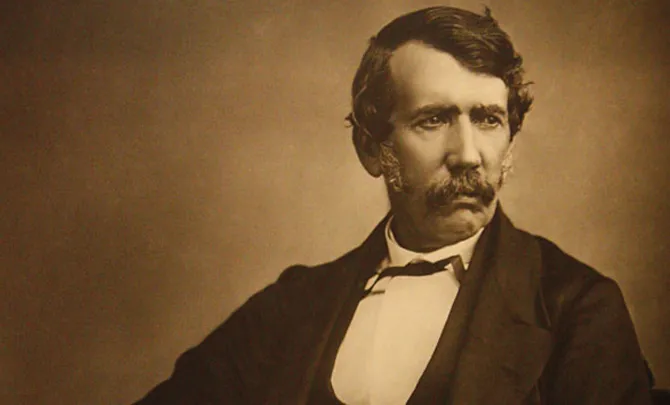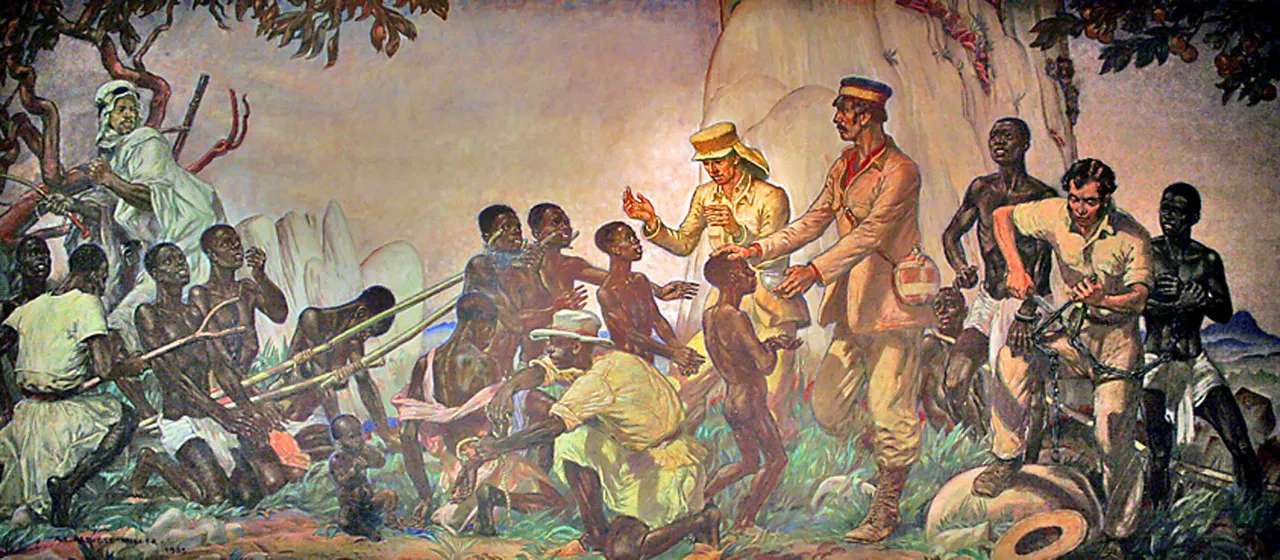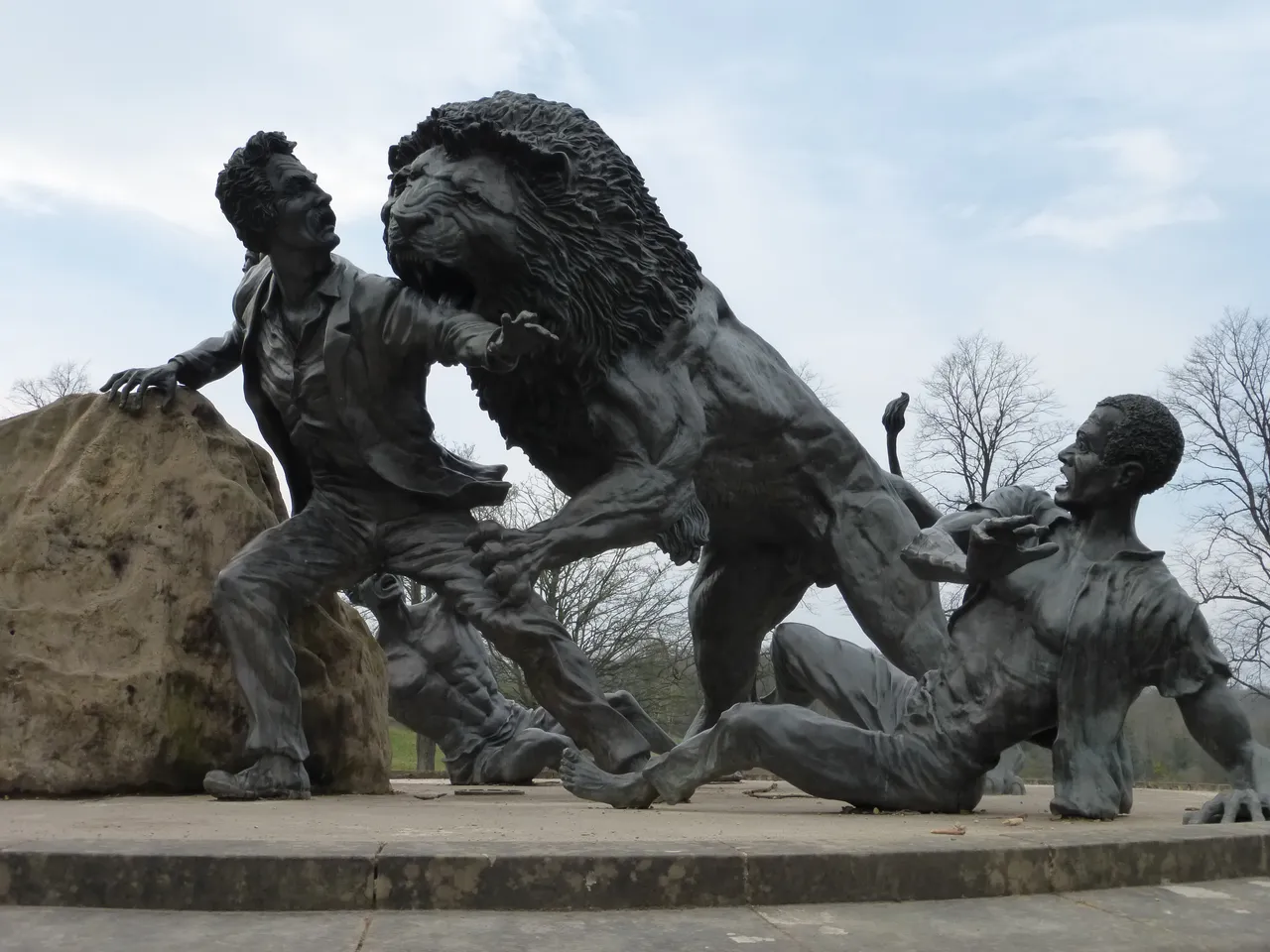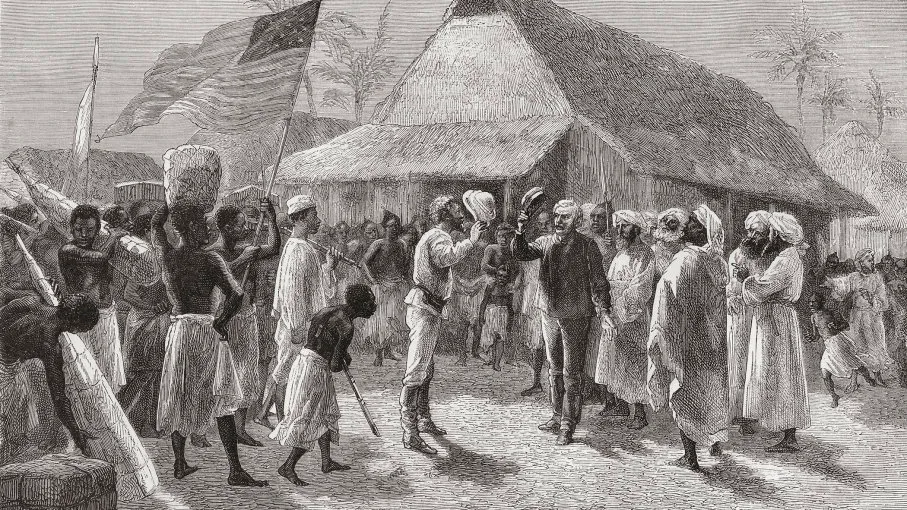November 10 in Christian History
David Livingstone was a missionary, doctor, explorer, and humanitarian who’s steely determination won him the respect of both Europe and Africa.

In 1841, the young Scottish missionary, stepped onto African soil for the first time. He traveled throughout the unexplored interior—bringing medical aid to the locals and mapping the region. Unlike other European explorers, he did not travel with soldiers and always avoided conflict with the natives. He befriended African chieftains throughout the continent.
He shared the gospel wherever he went but was never aggressive with his message. He did not try to force the Africans to convert like many other Christian “missionaries” at the time. He believed that the truths of God could best be communicated through acts of kindness and peace.

Livingstone despised the slave trade. From within Africa, he observed the devastation that Europeans were bringing. Entire villages were wiped out by rival tribes who would sell captives to European slave traders. As the west exploited Africa, tribal warfare decimated vast regions.
Livingstone returned to England twice to gain support and campaign against slavery. His daring adventures captured the imagination of the west, and he became a celebrity in Britain and in America.

Livingstone believed that the only way to open the doors to missionary work in Africa was to map the networks of lakes and rivers—what he considered a highway to the heart of Africa. He also believed that this would open Africa to legitimate trade to combat the slave trade. Thus, Livingstone devoted his life to exploration.
He was the first to cross the entire continent from west to east, he explored nearly all of the Zambezi river, and was the first European to lay eyes on Mosi-oa-Tunya, or “the smoke that thunders”—a waterfall that he named Victoria Falls.

In his final journey, he set out in search of the source of the Nile. His fellow travellers either died or abandoned him, and his equipment was robbed. Livingstone depended completely on the locals—traveling from tribe to tribe in pursuit of his goal.
Meanwhile, the west had heard nothing from Livingstone in six years and most assumed that he was dead. Henry Stanley of the New York Herald was sent into Africa with one mission: to find Livingstone—dead or alive.
On November 10, 1871, after months of searching, Stanley tracked down Livingstone in the town of Ujiji. Stanley is said to have greeted him with the famous phrase: ”Dr. Livingstone I presume?”

When Livingstone died, the locals were reluctant to send his body back to England. They cut out his heart and buried it in Africa, saying that his heart belonged in his beloved continent. His body was buried in Westminster Abbey. England mourned his death, and his supporters took up his fight against slavery.
Verse of the day: Proverbs 3:5-6
Trust in the LORD with all your heart and lean not on your own understanding; in all your ways submit to him, and he will make your paths straight.